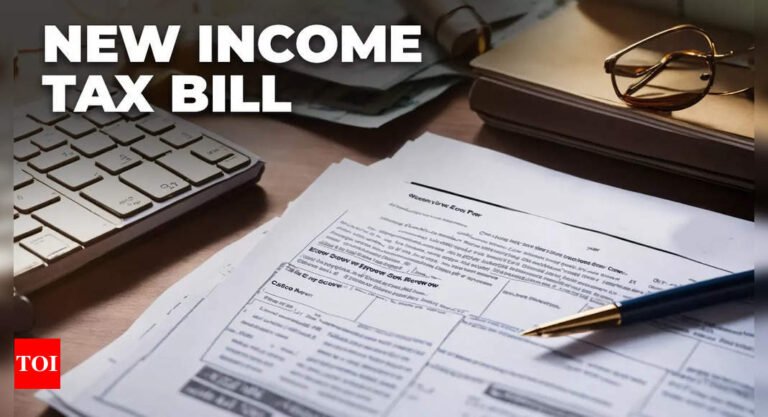By Parizad Sirwalla
New Income Tax Bill 2025: Representing a historic milestone in India’s tax landscape, Hon. Finance Minister – Madam Nirmala Sitharaman has presented the Income Tax Bill, 2025 (Bill) in the Parliament on 13 February 2025.
The current Income tax law – Income Tax Act, 1961 (the current Act) was enacted more than six decades ago. With passage of time there were multiple amendments made to the law. Many believed this resulted in the current Act becoming difficult to read, complex to interpret and resulted in unwarranted litigation as well. Hence, it was indeed an opportune time to embark on an exercise to simplify the same. While an attempt was made to this effect a decade ago with the draft Direct Tax Code (DTC) – it never became legislation.
Globally as well, countries like the UK, Australia etc., had undertaken similar exercises to enhance clarity and compliance in their taxation laws. Hence, a new simplified income tax law in India was definitely the need of the hour.
Also Read | ITR filing with latest income tax slabs post Budget 2025: Will taxpayers with income below Rs 12 lakh have to file tax return?
The Bill is prepared by investing more than 60,000 man-hours and has 23 chapters and 2.6 lakh words in comparison to 46 chapters and 5.12 lakh words respectively when compared with the Current Act. The number of Sections has also dramatically reduced from 800 plus sections to 536 Sections only.
Secondly the language used in the Bill at many places is extremely lucid and is reader friendly as it has tables and formulas as against the traditional verbose style.
One of the most significant aspects of the Bill is the elimination of the concepts of ‘previous year’ and ‘assessment year’. India is trying to join the league of comparable tax jurisdictions by using one single term ‘tax year’. The current terms of previous year and assessment year was apparently leading to mistakes by taxpayers while filing forms/ challans etc. With now only one term “tax year” it will hopefully avoid confusion.
Largely, there are no changes to the definition of residency or even salary related provisions for that matter. In fact the choice of the two tax regimes continues to be available to individual taxpayers. There is no change to the tax rates and capital gains tax regime also remains the same.
Also Read | New Income Tax Bill 2025 explained: Top 30 FAQs every taxpayer should check
TDS and TCS provisions have been made easier to comprehend by providing tables instead of the existing provisions which have lengthy texts that are open to interpretation issues and quite often difficult to understand. The Bill now also gives the ability for individuals to apply for a Lower or NIL rate of TCS while they purchase a car, pay for foreign tour, or make remittance abroad under the Liberalised Remittance Scheme (LRS) of the Reserve Bank of India.
It is also interesting to note that elaborate provisions have been enunciated for dealing with transition from the current Act to the new law.
There is a clear focus on encouragement of compliance with the mantra of “Trust first, scrutinize later” – as stated by Hon. FM in her recent Feb 2025 Budget speech.
As and when the Bill is enacted, the administrative measures for implementing them will be made operational (e.g., publishing of rules, IT infrastructure revamp etc.), keeping in mind the convenience of taxpayers and all stakeholders. For the common man, it is anticipated that the Bill will help in easy understanding of law and smoother tax compliances.
(The author is Partner and Head, Global Mobility Services, Tax, KPMG in India)
Trending
- US tariff: ‘No major impact on pharma’
- PhonePe prepares for public listing
- Elon Musk-led Tesla’s India entry: Modi government’s new EV policy may help cos like Tesla test waters
- Stock market today: BSE Sensex tanks over 500 points; Nifty50 below 22,800
- Suzuki rejigs India EV plans
- Samsung seeks Tamil Nadu government help for workers’ safety
- Top stocks to buy today: Stock recommendations for February 21, 2025
- RBI rejects all bids at auction to ease liquidity
- 12,000 crore duty demand from Skoda VW not arbitrary: Customs department tells court
- Nageswaran gets 2 more years as CEA



